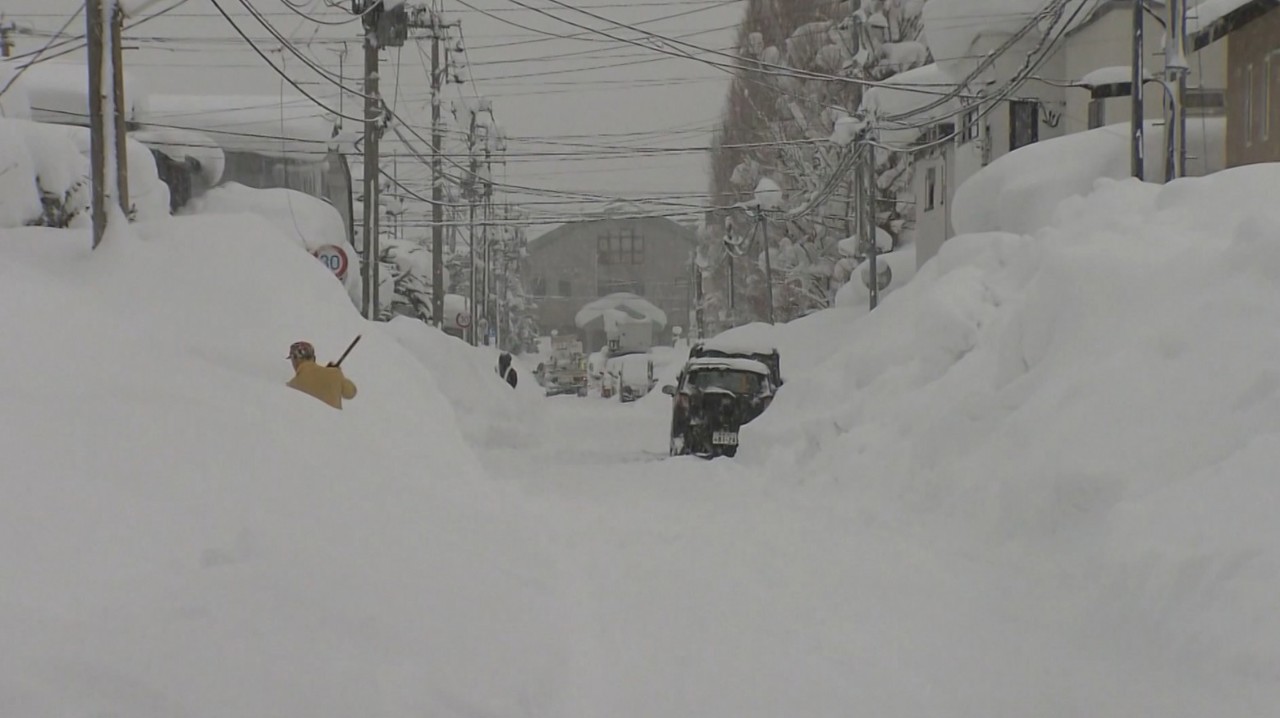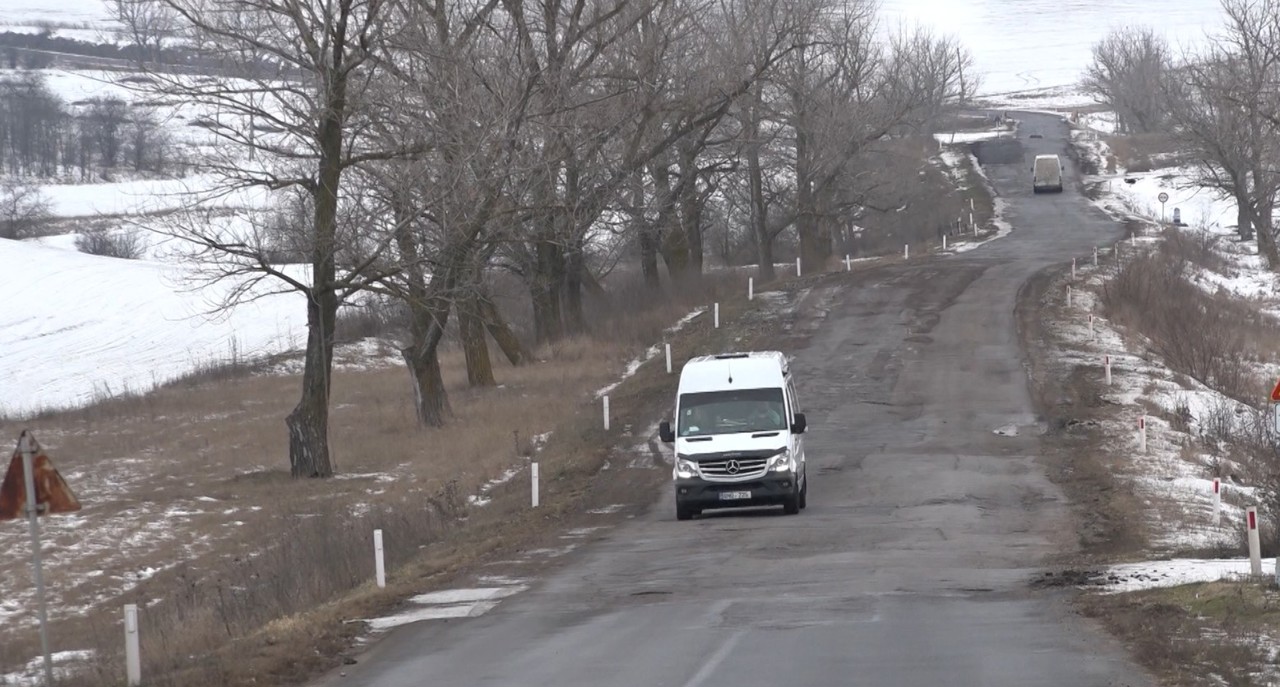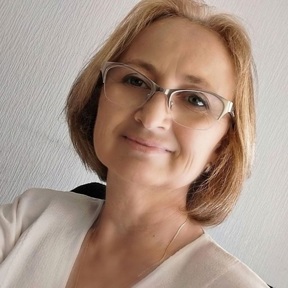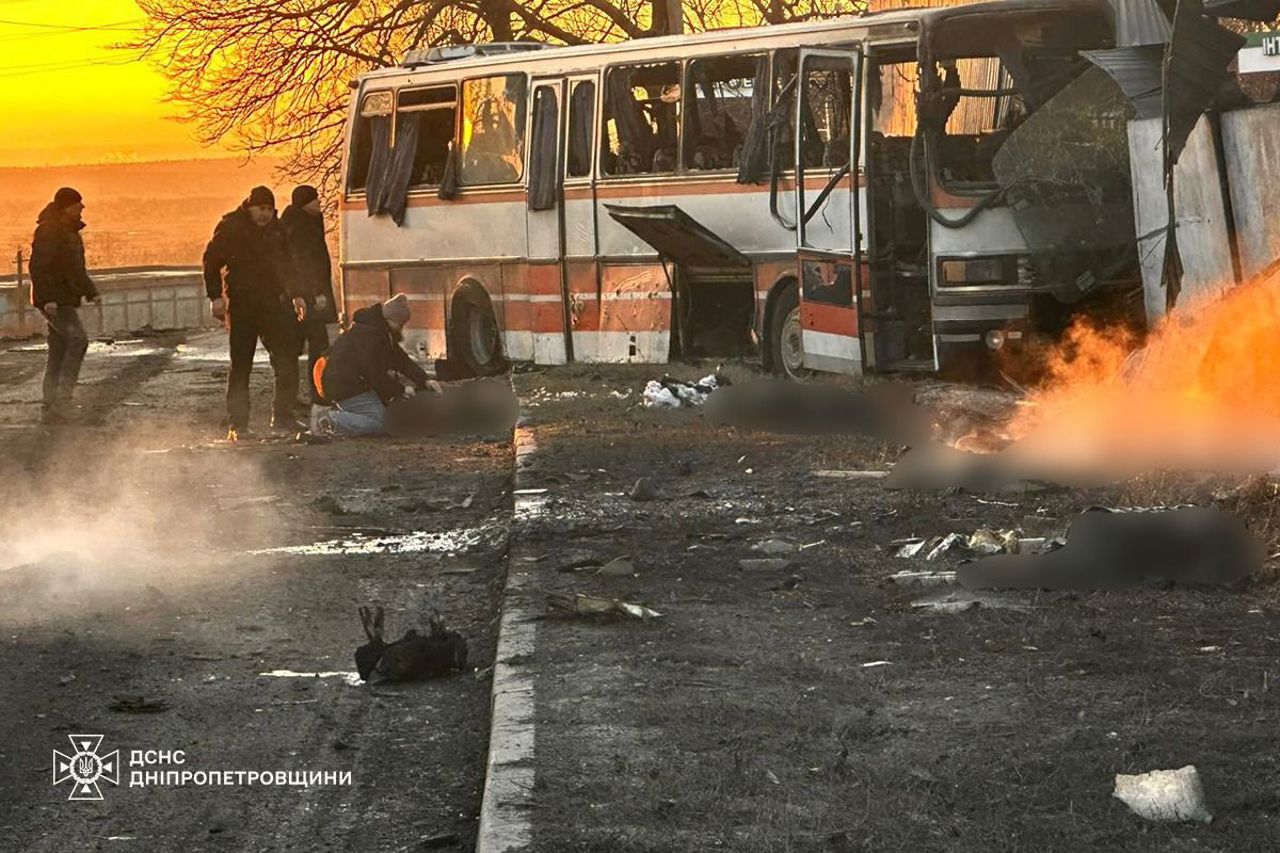How have Russian-Ukrainian peace negotiations evolved during the three years of war?
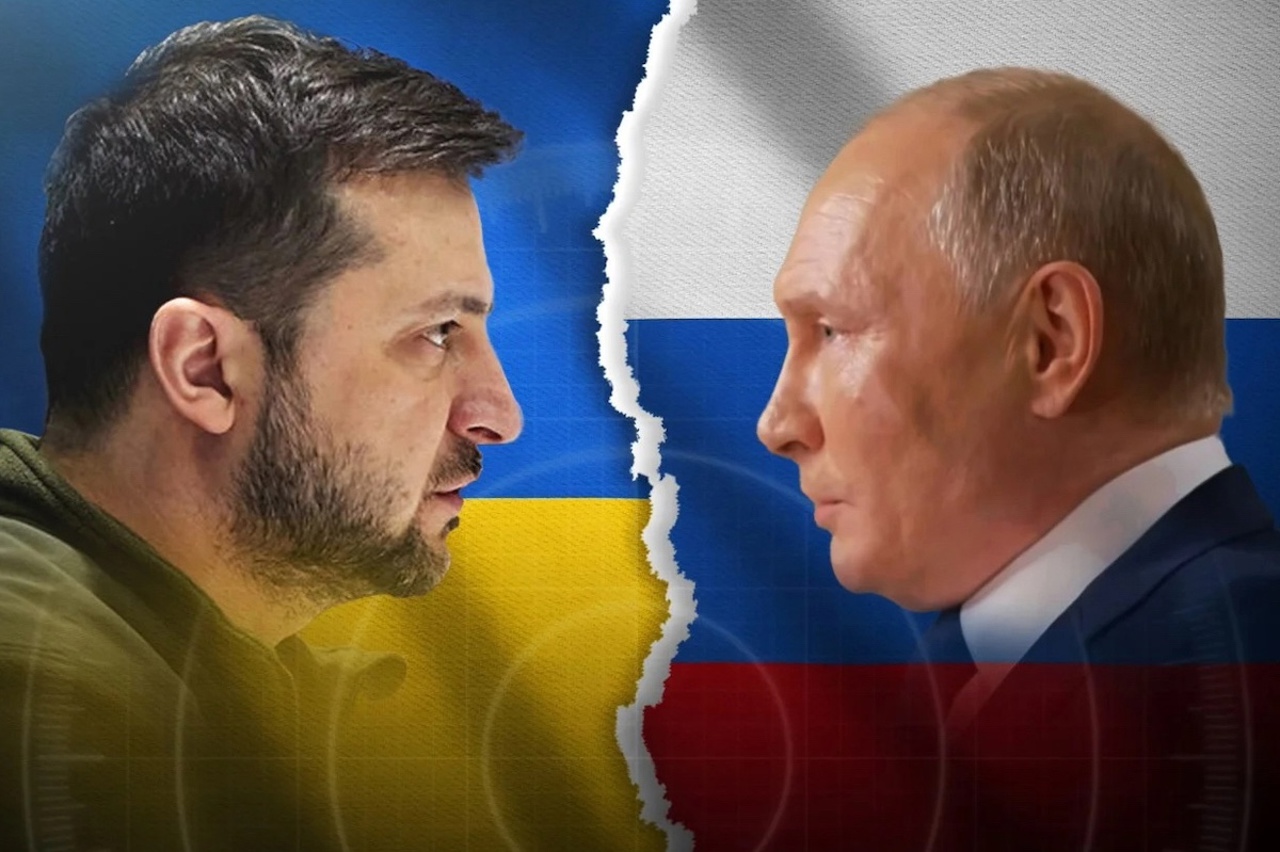
Peace talks between Russia and Ukraine are set to begin today in Istanbul, marking the first direct negotiations in three years. Over the weekend, Russian President Vladimir Putin expressed his desire to resume discussions, aiming to continue from where they last paused in 2022.
Where and when did the first peace talks take place?
The first peace talks to end the war in Ukraine took place on February 28, four days after Russia’s full-scale invasion, when Russian and Ukrainian negotiators met in Belarus. They later held talks via video conference before meeting again in person in Istanbul on March 29. Reuters notes that they then exchanged several draft peace agreements until mid-April before the talks were suspended.
Documents published last year by The New York Times show that Ukraine was willing to become a neutral, non-aligned and nuclear-weapons-free nation, with no foreign military presence on its territory. This would have ruled out joining NATO but allowed it to join the European Union. Under the agreement, Ukraine would have received security guarantees from a group of states, including the five permanent members of the UN Security Council: Britain, China, Russia, the United States and France.
The partially agreed draft stipulated that the guarantor states, including Russia, would respect Ukraine’s sovereignty and avoid any threat or use of force against it. It also proposed holding talks for 10-15 years on the status of Crimea, a region annexed by Russia in 2014.
What were the main points of disagreement?
The guarantor states were supposed to assist Ukraine, including “closing the airspace over Ukraine and providing weapons” in the event of an attack, to maintain the security of a permanently neutral state. Russia wanted any decision to be unanimously approved by the guarantor states, which would have given it veto power.
Significant disagreements between the two sides existed over the size and capabilities of the Ukrainian armed forces. Ukraine was prepared to limit its military to 250,000, with an arsenal of 800 tanks and a 280-km missile range. Russia, however, demanded a more limited capacity: 85,000 troops, 342 tanks, and a 40-km range.
Moscow also demanded that Russian be recognized as an official language in Ukraine and that discrimination against Russian speakers be eliminated, an accusation that Kiev rejected. Russia also demanded the repeal of “laws promoting Nazification and glorification of Nazism,” allegations that Ukraine disputed as unfounded.
Why did the negotiations fail?
By April 2022, the tide on the battlefield seemed to be turning in Ukraine’s favor. It had managed to push back Russian forces around Kiev and present the world with evidence of Russian war crimes, prompting international condemnation, though Moscow denied them.
At the same time, Western countries were increasing their military aid to Kiev and imposing stricter sanctions on Moscow—factors that made Ukraine less willing to give in to Russia’s demands, according to a detailed account of the peace talks published in the journal Foreign Affairs by historian Sergey Radchenko and analyst Samuel Charap.
What has changed since the talks failed?
The initial negotiations focused primarily on sovereignty issues, but Russia’s position has since hardened, now including specific territorial demands.
Russian President Vladimir Putin said in June 2024 that Ukraine must completely withdraw from the Donetsk, Luhansk, Zaporizhia and Kherson regions, which Russia claims but only partially controls. Ukraine will never legally recognize the Russian occupation of its territory, Kiev authorities say. Zelensky also acknowledged that Ukrainian forces cannot currently recover all the lost territory, but believes they could do so in time through diplomacy.
What are the stakes of today’s peace talks in Istanbul, three years later?
Vladimir Putin continues to delay the implementation of a temporary peace agreement or ceasefire, trying to consolidate his control over Ukrainian territories, Black Sea expert Mihai Isac said in an interview with Radio Moldova. According to him, despite the truces announced during the Easter holidays and May 9, Russia has violated these agreements, and international pressure to resume negotiations continues to grow. Mihai Isac is pessimistic about the rapid conclusion of a peace agreement in Ukraine:
It is unlikely that we will see a peace concluded soon. At the same time, we observe numerous steps to bring the two sides to the negotiating table. Pressure comes from Western states on the Russian Federation – recently, the European Union announced a new package of sanctions – and from some of Russia's allies, such as China and Brazil. At the same time, we see Donald Trump's visit to the Middle East, where he has meetings with representatives from Saudi Arabia and the United Arab Emirates, which have good relations with the Russian Federation.
According to Mihai Isac, Russia wants the sanctions to be lifted and the territorial annexations to be recognized at all costs. In contrast, Ukraine, supported by the US, the EU and Canada, refuses any forced territorial cession. It is difficult to predict the Trump administration's position, primarily since the American leader has expressed dissatisfaction with how Vladimir Putin manages these negotiations. Putin's demands for a ceasefire are also becoming more ambitious, including challenging Volodymyr Zelensky's legitimacy and demanding international recognition of the occupied territories, added Mihai Isac.
The expert stressed that the Russian Federation could use the negotiations as a strategy to strengthen its position on the ground:
I expect that these talks will be accompanied by concrete steps by Russia to force Ukraine to accept more severe conditions than it would be willing to take. Everything depends on political developments in the EU member states and the US, given that material and military support comes mainly from these countries. If negotiations take place in Turkey, Russia will likely try to impose new conditions to complicate the work of the commissions and increase pressure on Ukraine.
On May 14, EU ambassadors agreed on the bloc's 17th package of sanctions against Russia, mainly targeting its ghost fleet of oil tankers, according to The Kyiv Independent. The measures target nearly 200 ships of Russia’s ghost fleet, 30 companies involved in evading sanctions, and 75 sanctions against entities and individuals linked to the Russian military-industrial complex.
Discussions on the 17th package began shortly after the EU adopted the 16th package on February 24. The latest package targeted the ghost fleet, financial institutions, entities involved in the Russian military-industrial complex, and more.
President Volodymyr Zelensky and the leaders of the United Kingdom, France, Germany, and Poland pledged to impose additional sanctions against Russia if the Kremlin does not accept their proposal for an unconditional ceasefire for 30 days.

